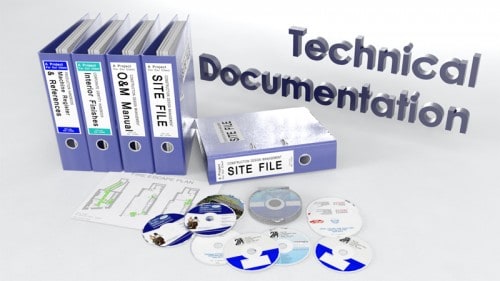Just as technical writing differs from literary writing, technical document translation differs from literary translation.
Literary translation often struggles with questions of how well the translated text delivers the message of the source text, and if a native reader of the target language could believe the translation was originally written in his mother tongue.
While these issues of fidelity and transparency are also a concern for a translator of technical documents, the technical translator has more to worry about. A technical translator faces issues such as consistency across multiple documents and between releases of a given document. Multiple translators will work on interrelated documents (owner’s manuals, promotional materials, online help and tutorials, etc.) If multiple people translate a given word or phrase differently, there could be a significant impact on both usability and product branding.
Resolving issues of consistency in technical document translation may involve technologies that other translation specialties can do without. The translator might need to develop a terminology database, or termbase – a glossary that facilitates consistent translation of expressions that don’t yet have a generally accepted translation in the target language. The technical translator might also make use of a translation memory. This translation tool monitors and stores translations. Such computer-assisted translation tools (not to be confused with machine translation, which cuts the human out of the equation entirely) can actually help the translator to get the work done more efficiently and accurately.
A professional working in technical document translation will be equipped to provide texts that meet the demand for fidelity and transparency, while simultaneously using contemporary technologies to ensure consistency and compatibility of digital documents with your existing software.
Technical translation experts generally have a Master’s degree, with specialization in translating documents for scientific, medical, or engineering audiences. The candidate must master industry-specific terminology, and must become comfortable working with computer-assisted translation.
The technical translator can provide a reliable translation of a broad range of texts for use by medical staff, manufacturers, engineers, and construction firms such as:
- contract proposals
- blueprints and technical drawings
- patent applications
- operation manuals and user guides
- software and other product specifications
- feasibility studies and environmental impact assessments
- clinical studies
- peer-reviewed articles
- popular science articles
No other translator can do the specific job of a technical translator. If you are in need of technical document translation, why not ask for a free quote?

